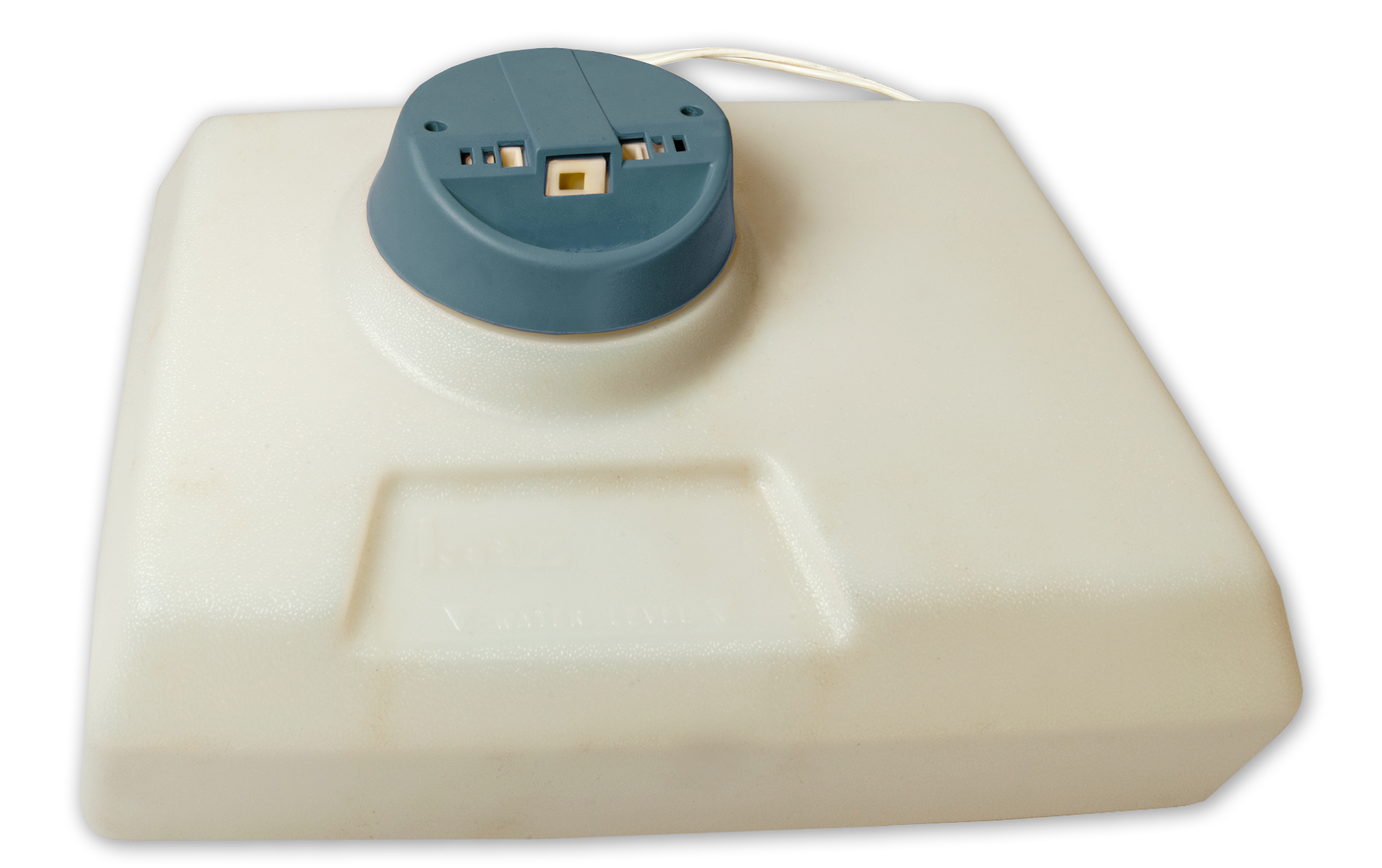Why your old vaporizer is probably the quickest and most cost-effective way to reduce a virus’s ability to spread within your home
Many people don’t realize how controlling your home’s humidity is potentially the easiest way to reduce a virus’s ability to spread and infect people in your home through coughing or sneezing. Using your heating system’s humidifier, a vaporizer in the room you spend the most time in, or a combination of both, can potentially make your home safer according to multiple scientific studies over the last ten years.

Most people know that during the Spring and Winter the air is dryer and the relative humidity in many homes in the northern half of the country can be at or below 30%. What most don’t realize is that by raising the humidity in your home to a Relative Humidity of 45% changes the playing field. When it comes to influenza viruses, higher humidity levels can lessen the distance the virus contained in the water droplets expelled by a sick person’s cough can travel.
So How Does This Apply to the Country’s Current Emergency?
Even though the COVID-19 virus is not your typical flu virus, its transmission method through bodily fluids and its ability to be airborne via droplets from coughs is very much like how the flu virus works. The same physics of why humidity reduces airborne transmission of a flu virus should apply to COVID-19 transmission as well.
As an HVAC Contractor I Can’t Help with the Biology — but I Can with the Physics
Even though we are learning more every day about the Coronavirus, the reason that higher humidity will limit its ability to spread in an aerosol form has nothing to do with the virus itself but, rather, the water droplets that carry it.
You see, the distance the water droplets can travel when you cough is based entirely on the size of the droplets. Smaller droplets of moisture will go further and float with air currents more than larger moisture droplets which fall to the ground quickly. When a sick person coughs in an area of low humidity, much of the moisture in the coughed-up water droplets carrying the virus immediately evaporates into the surrounding dry air. This evaporation of much of the liquid surrounding the virus reduces the size and weight of the droplets containing it so that the now-smaller-and-lighter droplets containing the virus will stay airborne longer and travel further.
The opposite is true when the air is at least 45% Relative Humidity. In this case, virus-laden water droplets being expelled from a cough into the moister air do not shrink as much in size simply because the surrounding air is already too full of water to absorb more water from the expelled droplets. Since not as much water can evaporate from these virus-laden droplets now, the droplets stay heavier and fall to the ground more quickly.
It’s All About “Stacking The Odds” in Your Favor
Simply put, having moister air greatly reducing the “blast” radius of a sick person’s cough, which reduces the odds of contracting the virus in non-crowded areas like your home. This is an over-simplistic explanation of one of the ways humidity affects airborne virus transmission. However, if you want to learn more, here is a link to a google search where you can see all the studies on which the physics I described are based (dispersion of human exhaled droplets based on humidity).
Hopefully this encourages you to get out your old vaporizer or run your home’s humidifier full out. The good news is that neither option costs much for you to implement.
When it comes to protecting yourself and your family, it’s all a numbers game now. It’s all about decreasing your chances to catch and spread viruses by limiting your exposure. While humidity can’t kill a virus, the simple fact that you can reduce the “blast” radius of a contagious cough in your home simply by increasing your home’s humidity is a good reason to increase your home’s humidity—but it’s not the only reason. As any doctor will tell you, living in lower humidity also dries a person’s mucous membranes and inhibits the body’s natural defense against airborne germs, viruses, and bacteria.
Stay safe — and wash your hands!

